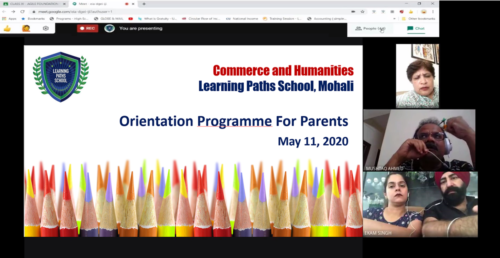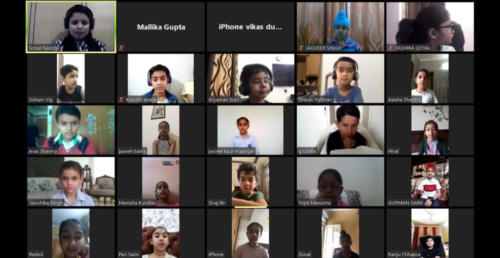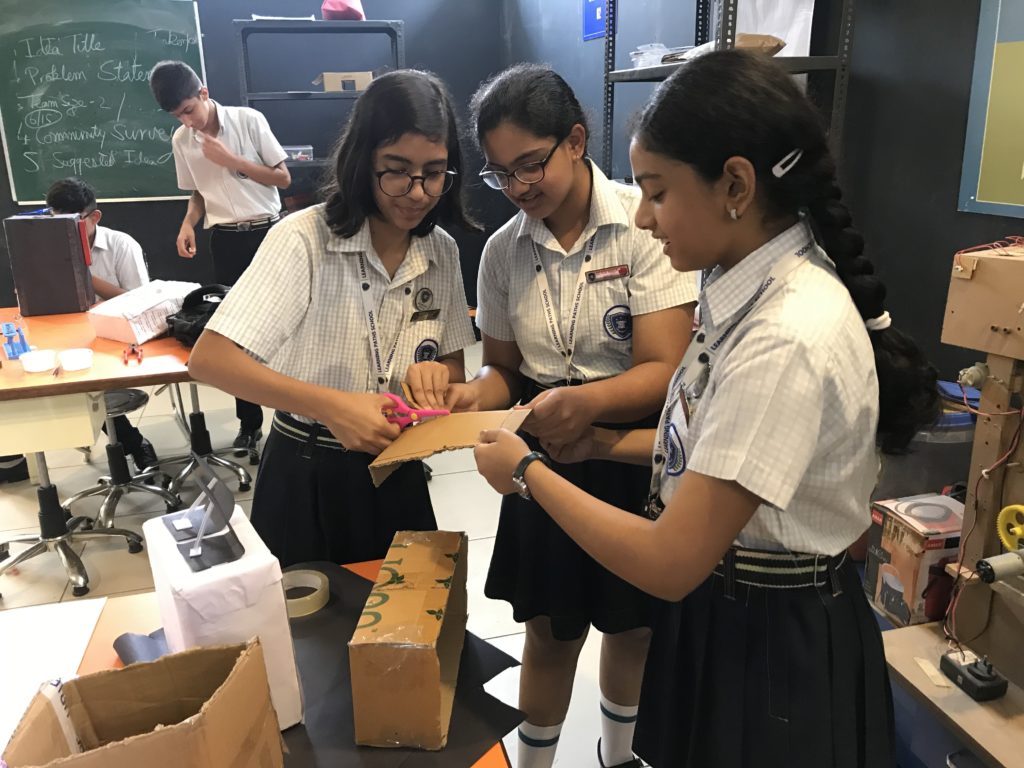At Learning Paths school extrordiany is the norm. We help your child achieve thier true potential while inculcating thoughtful and cultured values.
At Learning Paths school extrordiany is the norm. We help your child achieve thier true potential while inculcating thoughtful and cultured values.


They say a picture is worth a thousand words. Take a tour of our campus in pictures that describe it best.
. Take Tour
In the corridors of our alma mater, where countless dreams took flight, an extraordinaryconversation recently unfolded. The distinguished alu...

Learning Paths School has started classes pg slot of Grade 11- Commerce, Science & Humanities. The entire...

As the prevalent Covid 19 pandemic continues to impact communities locally and globally, our resilience to overcome these difficult times has grown...

Be it history or looking ahead in technological advance, the love of science is something that should be embraced by all. It is very important for ...

The first edition of Inter-House Business Conclave was held at Learning Paths School, Mohali . It was an attempt to bring together the creative acu...

Learning Paths School, Mohali hosted the mega event World Scholar Cup Chandigarh Round on the 26th and 27th of April, 2019. Upwards of 350 students...
Disclaimer : Learning Paths School, Mohali is not affiliated and/or associated, directly or indirectly with any other school and/or educational institute using the word 'Learning' as a part of its name. Any solicitation or attempt of such association with Learning Paths School by any party is illegal and should be reported at contact@learningpaths.in
PRIVACY POLICY
© Learning Paths School, 2023. All rights reserved.